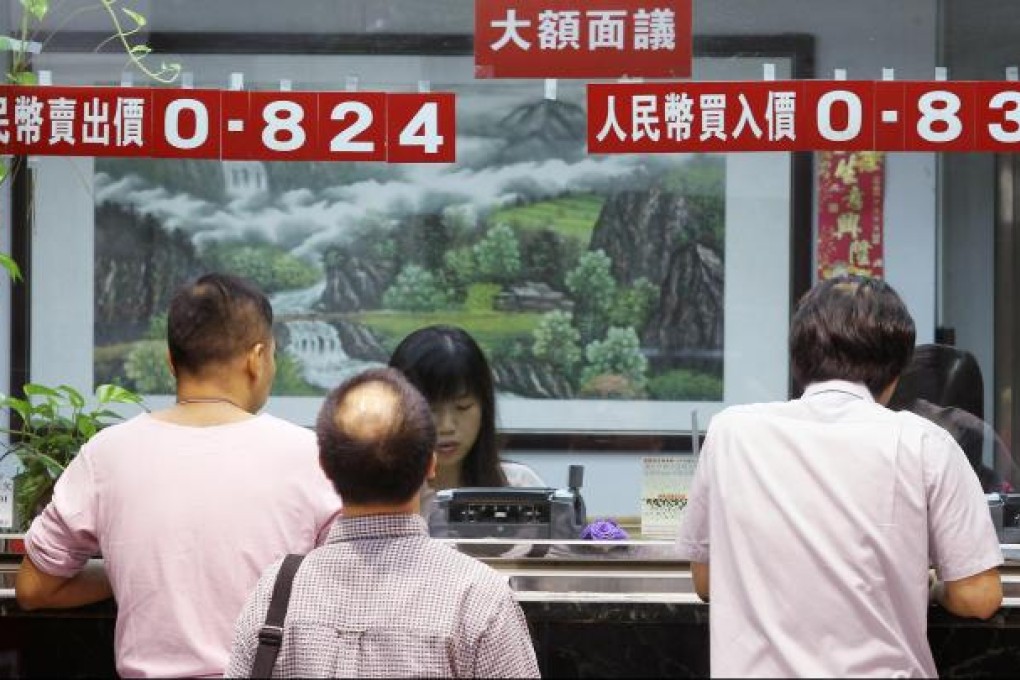China returns a big lure for investors
Sellers of trust and wealth-management products report a surge in buying interest from Hong Kong and overseas as interest rates slide

Sellers of trust and wealth-management products on the mainland say there has been a rise in interest in their offerings from offshore buyers, including Hong Kong residents, especially after the yuan strengthened to new highs in recent weeks.

A salesman at Bohai International Trust, who asked to be known only by his family name of Hou, said a substantial number of Hong Kong and foreign investors were interested in buying investment trust products, many of which have infrastructure and local government financing vehicles' loans as their underlying assets.
Trust products that offered higher returns, such as annualised interest rates of between 8.5 per cent and 10 per cent, often sold out quickly and were popular among investors from Hong Kong or offshore, in the prevailing low-interest rate environment, according to a product manager at Sichuan Trust.
The top-end return for yuan investment products in Hong Kong such as structured investment deposits, yuan-denominated qualified foreign institutional investors (R- QFII) scheme products - which enable subsidiaries of mainland securities firms to sell yuan-denominated funds to retail investors in Hong Kong - and dim sum bonds usually only offer annualised returns of between 3 per cent and 5 per cent.
Hot money influxes to Hong Kong in the past few weeks have prompted the Hong Kong Monetary Authority to intervene on exchange markets to stem a rise in the value of the currency.
Hot money - which generally refers to liquidity that chases short-term returns through property, stocks or currency - complicates efforts to fight inflation. The government recently introduced measures aimed at curbing demand in the property sector fuelled by low interest rates.
